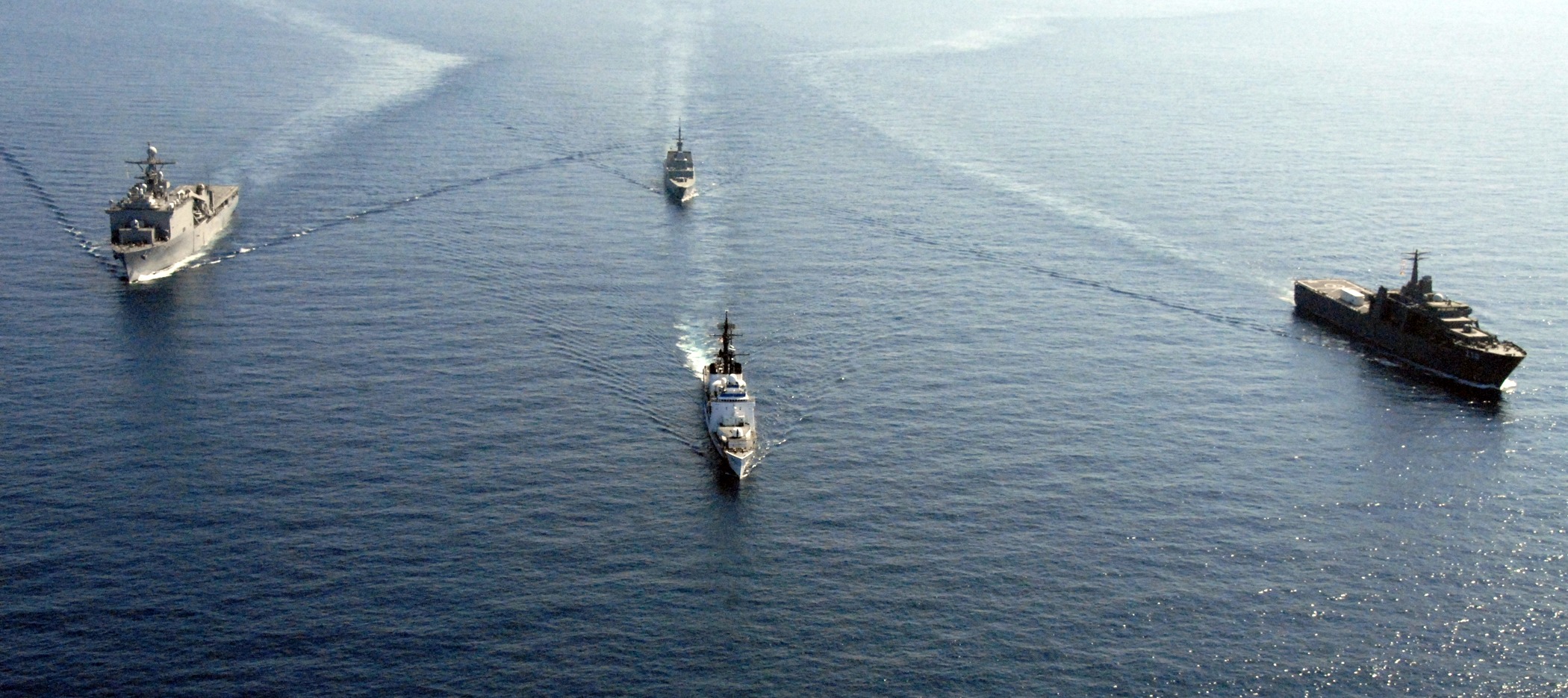Djibouti (HAN) October 28, 2015 – Public Diplomacy and Regional food Security Initiatives News. Interviewee: Sean R. Liedman, Military Fellow, U.S. Navy. Author: Jonathan Masters, Deputy Editor. Recent U.S. naval maneuvers in the South China Sea signal how the United States plans to safeguard its interests in the Asia-Pacific region, says Capt. Sean Liedman, CFR’s Navy fellow and an expert in maritime strategy. Freedom-of-navigation operations conducted by U.S. warships, like the USS Lassen, are intended to push back against excessive maritime claims by states like China, and help ensure the free flow of global commerce through the region. At the same time, these operations serve as an assurance for U.S. allies “to enhance stability and security in the region,” Liedman says in a written interview.
What are the military requirements for this type of operation?
It is important to note that the Freedom of Navigation Program is not solely a military activity; it also consists of consultations and representations by U.S. diplomats. Freedom of navigation operations can be conducted along a spectrum of naval force ranging from a Carrier Strike Group, to a single ship, to a single maritime patrol aircraft, or combinations thereof. This operation in the South China sea was reportedly conducted by a single guided missile destroyer, the USS Lassen, with a P-8 Poseidon maritime patrol and reconnaissance aircraft providing overwatch.
Are there risks involved?
There is some risk of strategic miscalculation, and also some risk of a tactical mishap that could have strategic implications. Regarding the strategic miscalculation, the United States has telegraphed this operation for some period of time to avoid surprising China. On the tactical side of the equation, military operations in areas of constrained geography increase the likelihood of an inadvertent collision, but the assumed professionalism of Chinese and U.S. naval forces coupled with an assumption of mutual adherence to the recently agreed upon Code for Unplanned Encounters at Sea should reduce risk. What are the U.S. interests in the Asia-Pacific region and Indian Ocean including Somalia waters?
Source: CFR. Full Report Click Here

Leave a Reply